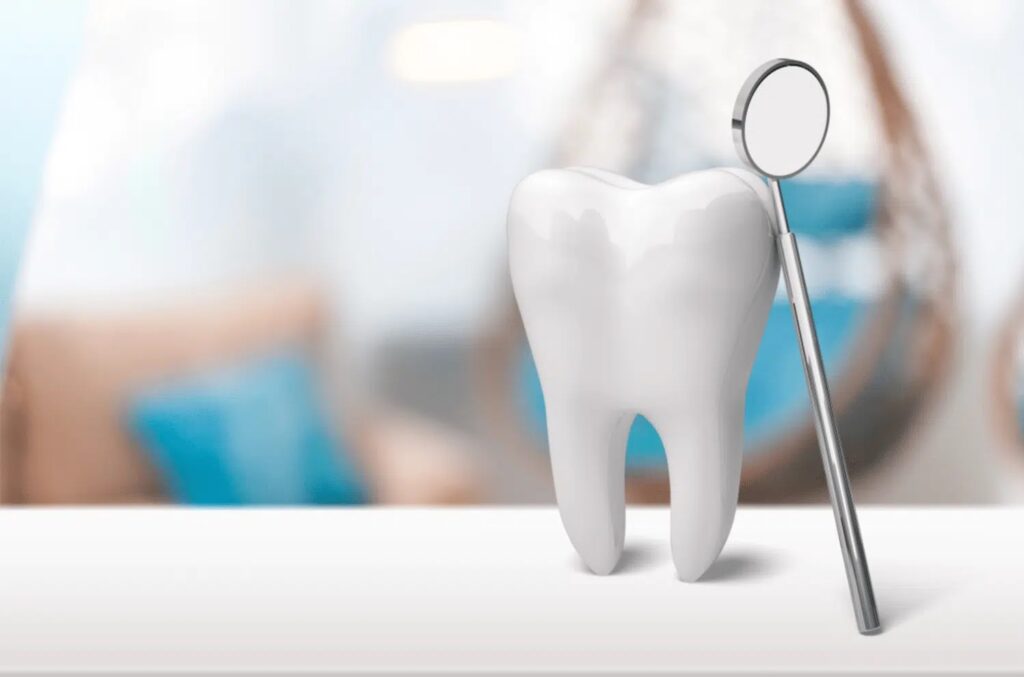Tooth Trauma Unveiled – Strategies for Coping with Dental Emergencies
Dental emergencies can strike unexpectedly, causing pain and anxiety. Whether it is a sudden toothache, a broken tooth, or a knocked-out tooth, knowing how to handle these situations can make a significant difference in preserving dental health. Here are some strategies to cope with dental emergencies and minimize the impact of tooth trauma. Immediate First Aid – When faced with a dental emergency, the first step is to remain calm. For a knocked-out tooth, try to gently place it back into its socket without touching the root. If this is not possible, store the tooth in a container of milk or saliva to keep it moist. In the case of a broken tooth, save any broken fragments and rinse the mouth with warm water to clean the area.
Alleviating Pain – Toothaches can be excruciating, but there are ways to alleviate the pain temporarily. Rinse your mouth with warm saltwater to reduce inflammation and use a cold compress on the outside of the cheek to numb the area. Over-the-counter pain relievers, such as ibuprofen, can also help manage pain until you can see a dentist.
Contacting Your Dentist – In any dental emergency, it is crucial to contact your dentist as soon as possible. Explain the situation and follow any guidance they provide. Many dental offices have emergency slots available for urgent cases, so do not hesitate to seek professional help promptly.

Handling a Broken Tooth – If a tooth is fractured, gather any broken pieces and rinse them gently. Avoid using hot or cold substances as they may cause sensitivity. Your dentist will assess the extent of the damage and recommend appropriate treatment, which may include dental bonding, a crown, or other restorative procedures.
Protecting Against Future Injuries – Prevention is key when it comes to dental emergencies. If you participate in contact sports, consider wearing a mouth guard to protect your teeth from potential trauma. Avoid chewing on hard objects, such as ice or unpeopled popcorn kernels, which can lead to cracks or fractures.
Managing Dislodged Fillings or Crowns – If a filling or crown becomes dislodged, it is essential to see your dentist promptly. In the meantime, you can use dental cement, available at most pharmacies, to temporarily secure the restoration. Avoid using household glues, as they may contain harmful substances and click for more info https://kitchenerfamilydentist.com/waterloo/emergency-dentist/.
Maintaining Oral Hygiene – Even during a dental emergency, it is crucial to maintain good oral hygiene practices. Gently brush your teeth, avoiding the affected area, and floss carefully. This helps prevent additional complications and ensures a clean environment for healing. Dental emergencies can be distressing, but knowing how to respond can make a significant impact on the outcome. Quick action, proper first aid, and seeking professional dental care promptly are essential in preserving oral health and preventing further complications. Remember, your dentist is your ally in navigating dental emergencies, so do not hesitate to reach out for assistance when needed.
